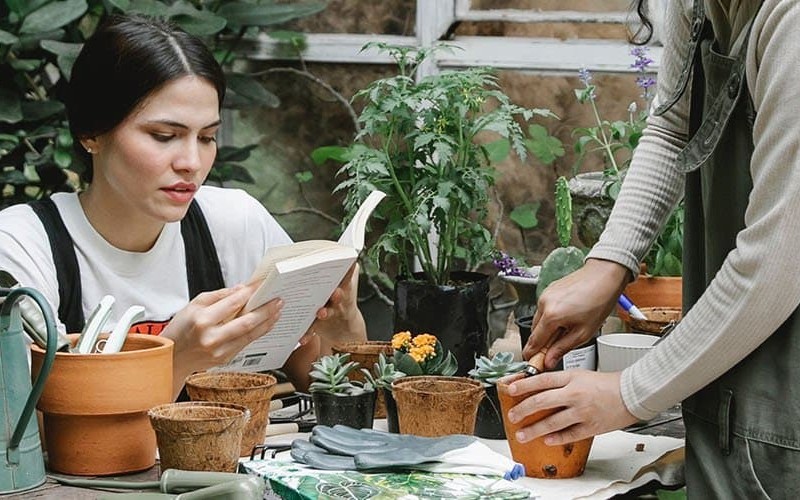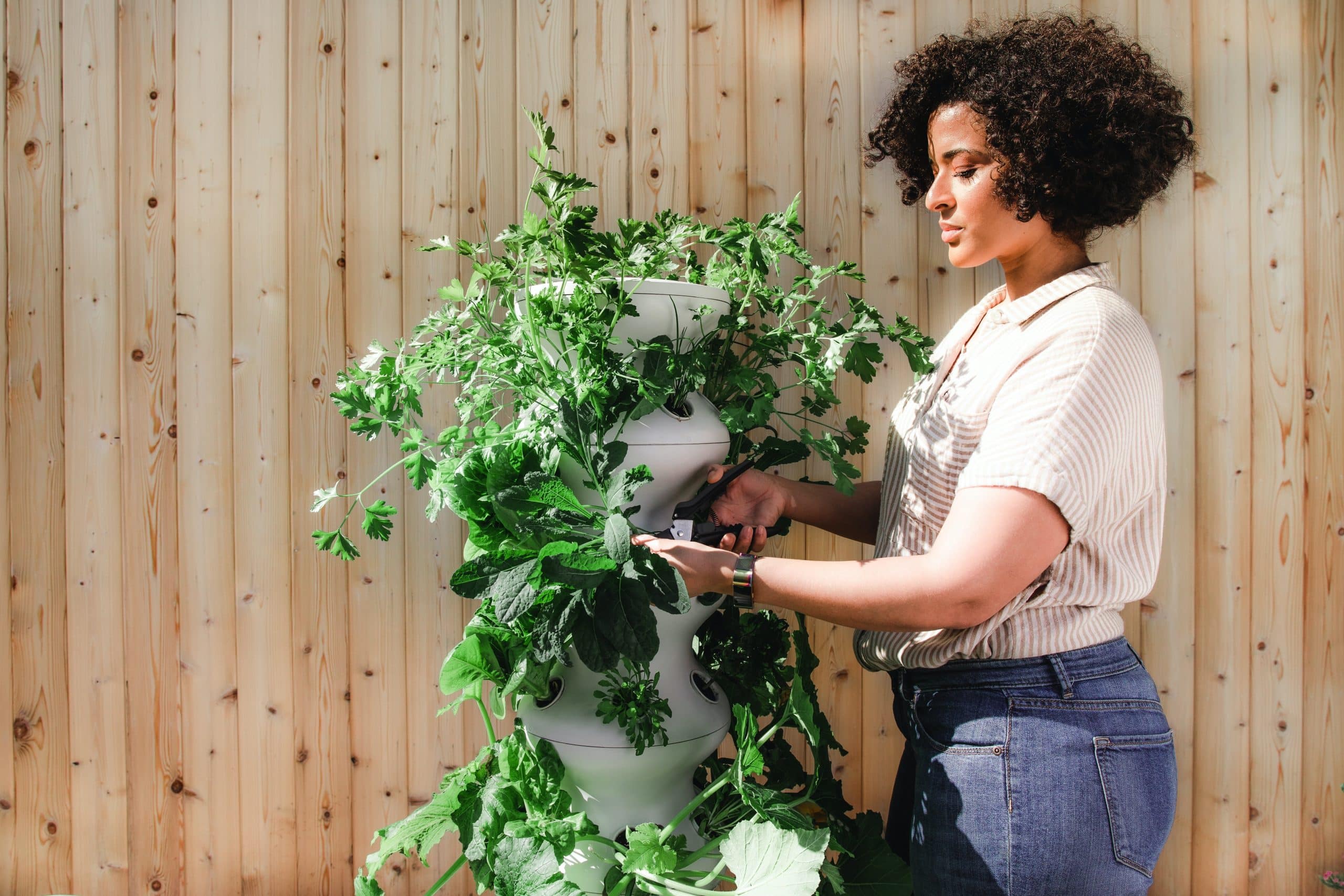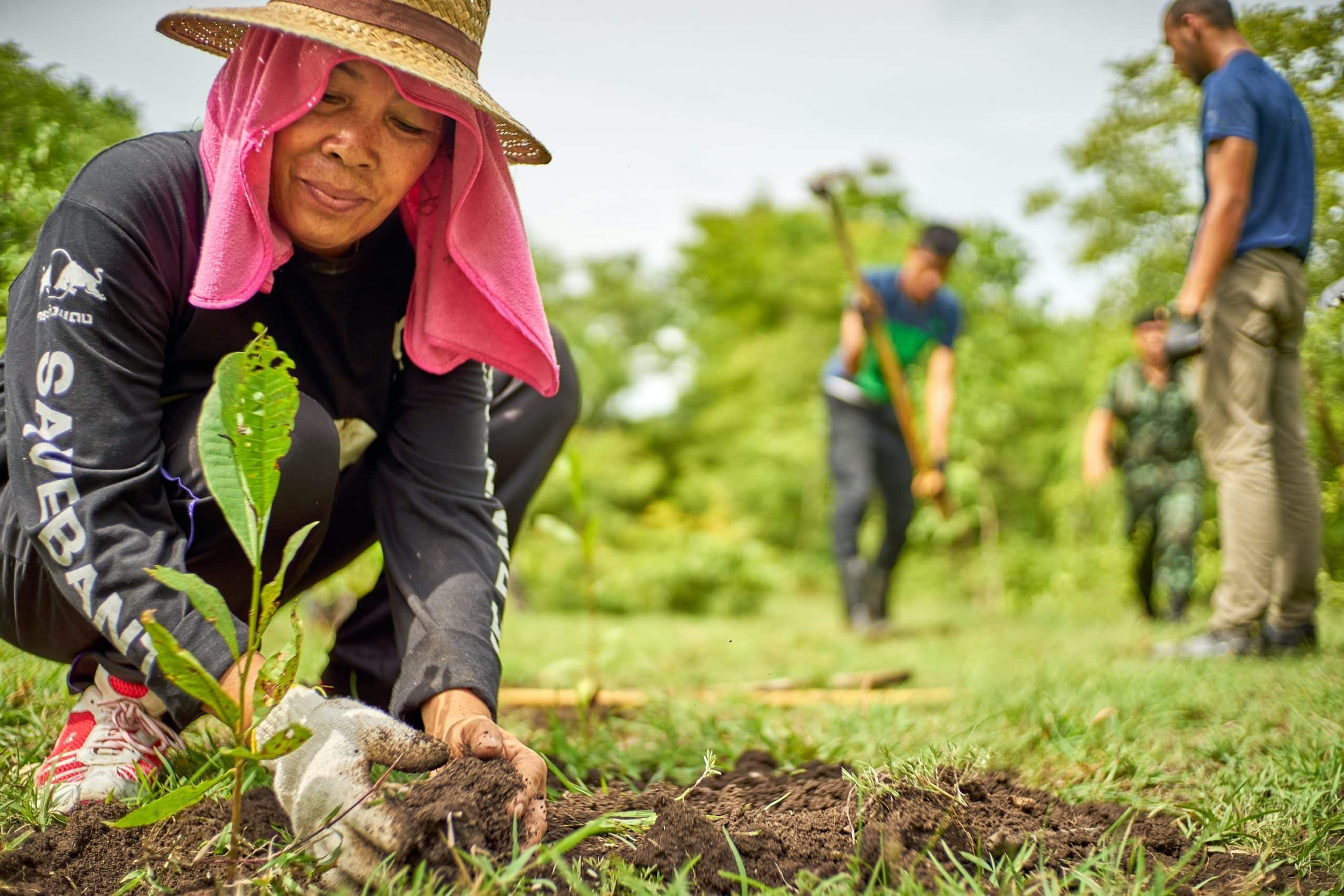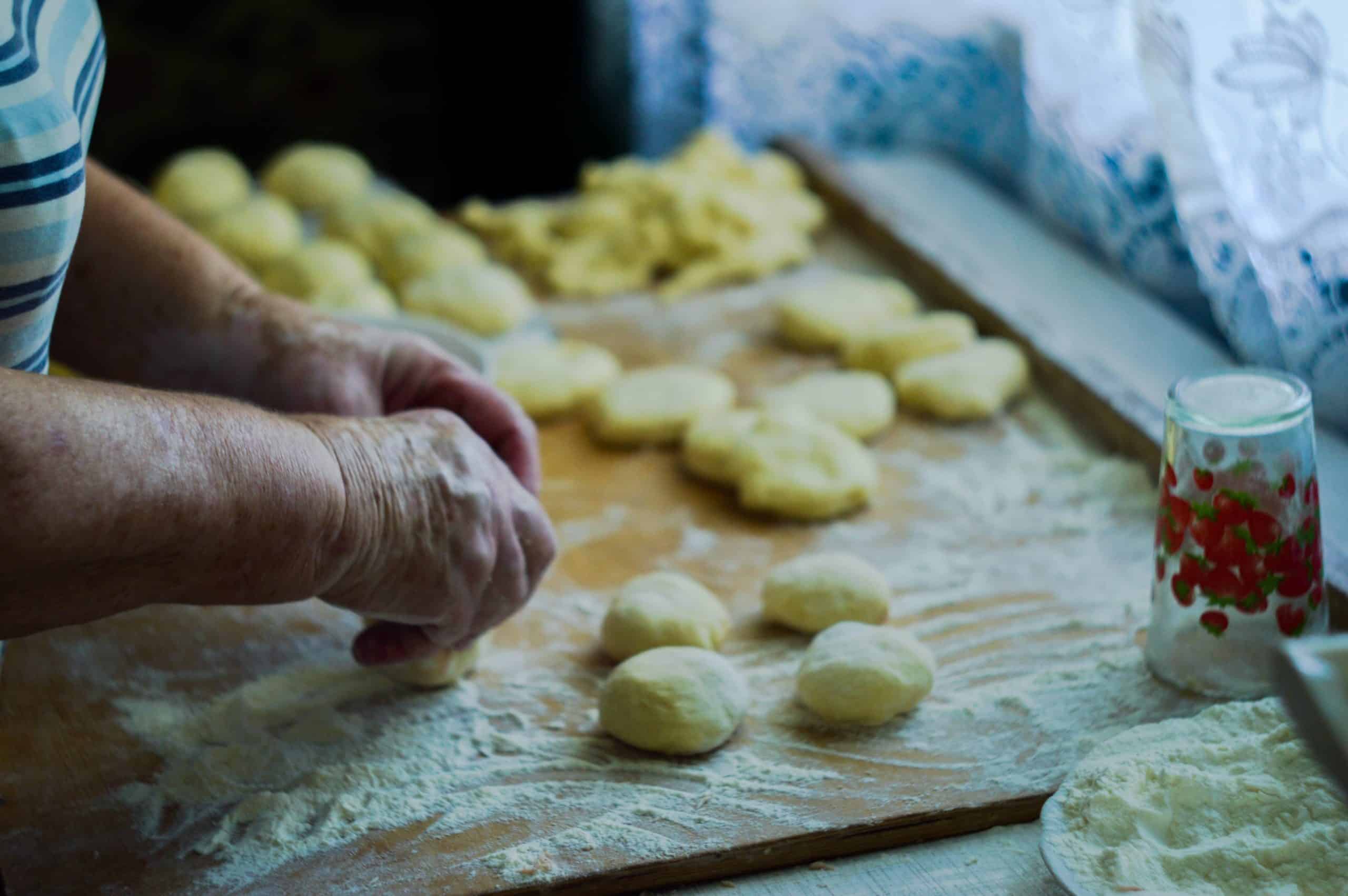Gardening for Beginners: The Therapeutic Benefits of Growing Your Own Food
The perks of gardening? You get a good dose of sunshine, a low-impact workout, and the joy of watching life sprout.

Many Latinos have heard the phrase “de la tierra a la mesa,” which translates to “from the earth to the table.” It refers to the centuries-old tradition of cultivating a home garden to feed one’s family. This is not just about food; it’s about culture, sustainability, self-sufficiency, and, importantly, wellness.
Why Garden?

From ‘la milpa’ that Mayan civilizations nurtured to the vegetable patches in our abuela’s backyards, gardening has been a staple in our culture. It’s more than just a hobby. Gardening offers therapeutic benefits that can boost our physical, emotional, and mental health.
Physical activity, exposure to the sun, and interaction with nature are proven ways to improve wellbeing. The constant bending, squatting, and stretching involved in gardening are great forms of low-impact exercise, keeping us fit and agile. Sun exposure is a natural source of vitamin D, which supports bone health and immunity.
Emotionally, being connected with nature helps relieve stress and anxiety. The simple act of caring for a plant, watching it grow and flourish, can be therapeutic and provide a sense of accomplishment. Mentally, planning a garden, learning about plants, and troubleshooting problems can stimulate the brain.
Getting Started with Your Garden

Starting a garden may seem daunting, but it’s as simple as choosing the right plants for your climate and soil, nurturing them with water and sunlight, and having a little patience. Here are some steps to help you embark on this exciting journey:
- Select Your Space: Whether it’s a backyard, balcony, or windowsill, any space can be transformed into a mini oasis. Sunny spots are ideal for most plants, but some thrive in partial shade.
- Pick Your Plants: Start with easy-to-grow plants like cilantro (coriander), tomatoes, and chili peppers that are commonly used in our Latina cuisine. Native plants like epazote, nopales, or chayote are also excellent choices and can be grown easily in many parts of the U.S.
- Prepare Your Soil: A good blend of soil, compost, and peat moss usually provides the necessary nutrients for your plants. If you live in an apartment, potted plants are your best friends. Consider investing in high-quality potting soil for them.
- Water and Sunlight: Each plant has different water and sunlight requirements. While most vegetables need full sunlight (at least 6 hours a day), herbs like cilantro can grow in partially shaded areas. Always water at the base of the plant to avoid disease, and remember, overwatering is as harmful as under-watering.
Connecting with Your Roots

As you connect with the earth, you’re not only improving your health, but you’re also forging a link with your heritage. Whether it’s growing bell peppers that remind you of your abuela’s sofrito, or maiz that connects you to the ancient Mayans, each plant can represent a piece of your unique identity.
What’s more, sharing the produce with your loved ones, like our ancestors did, can lead to community building and the passing on of our rich cultural traditions.
In a world where we’re often disconnected from the source of our food, gardening offers us a way back to our roots. It’s a chance to reconnect with our history and heritage, and cultivate not just food, but also health, community, and personal satisfaction. So, roll up your sleeves, put on your gardening gloves, and let’s return to la tierra together!




